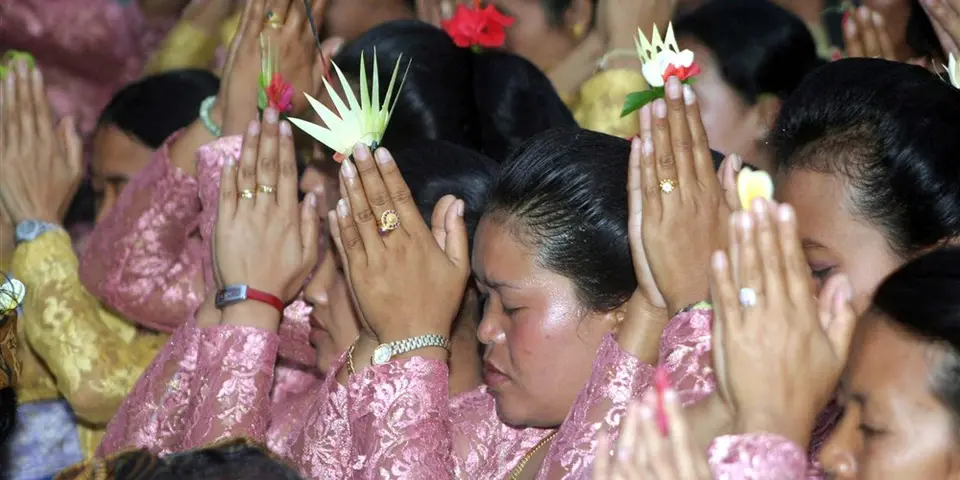
New report shows that national laws threaten religious diversity and freedoms in Southeast Asia
November 17, 2022

JAKARTA – Southeast Asian countries must do more to truly guarantee freedom of religion, protect minorities, and stop using “public order” and “harmony” as justifications for imposing unwarranted restrictions on this fundamental right, a new report from ASEAN Parliamentarians for Human Rights (APHR) found.
“This report shows that many laws that inhibit, restrict, and repress religious freedoms remain on the books and are implemented throughout Southeast Asia. This report is a reminder that, despite all achievements to maintain coexistence in a plural Southeast Asia, there are still many problems that remain to be solved and situations that should be improved,” said APHR member and Indonesian MP Taufik Basari.
The report, titled “Restricting Diversity: Mapping Legislation on Freedom of Religion or Belief in Southeast Asia,” was launched on 7 November 2022 and provides an overview of the laws and regulations regarding the right to freedom of religion or belief in the region. One of the key findings in the report is that, while many of the constitutions of Southeast Asian countries formally guarantee the right to freedom of religion, in practice the laws related to religion contain ambiguities and restrictions that do not conform with international standards.
National security and public order, for instance, have often been used to justify restricting the freedom of religious minorities, including Ahmadiyah, Shia, Jehovah’s Witnesses and others. Meanwhile, blasphemy laws are often used to criminalize certain religious groups that are critical to the state, government or the religious establishment of the majority, in flagrant violation of international human rights standards.
“I hope we can have more dialogues in the future and more innovative methods to promote and protect FoRB in the Southeast Asian countries. The law must serve as a tool in creating peace and balance for the community, so it should be formulated properly in order to bring justice in society.”” said APHR member and Timor-Leste MP Isabel Ximenes.
Parliamentarians can play a crucial role in working towards fully guaranteeing freedom of religion or belief in Southeast Asia by repealing and amending laws that violate such freedom, and pass new laws where necessary.
“I think that, at the end of the day, we must have a firm commitment from parliamentarians or both sides, whether in government or in parliament, to have the same understanding about human rights. If you do not speak the language of human rights, then you are the problem,” said Dr. Ahmad Farouk Musa, Founder and Director of Islamic Renaissance Front (IRF), Malaysia, and surgery professor at Monash University.
ASEAN Parliamentarians for Human Rights (APHR) was founded in June 2013 with the objective of promoting democracy and human rights across Southeast Asia. Our founding members include many of the region's most progressive Members of Parliament (MPs), with a proven track record of human rights advocacy work.